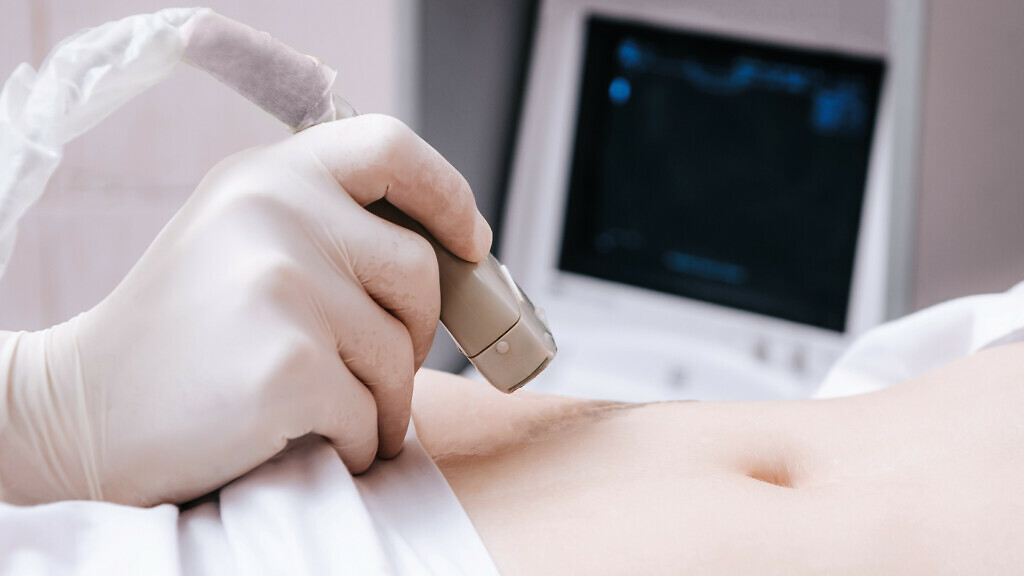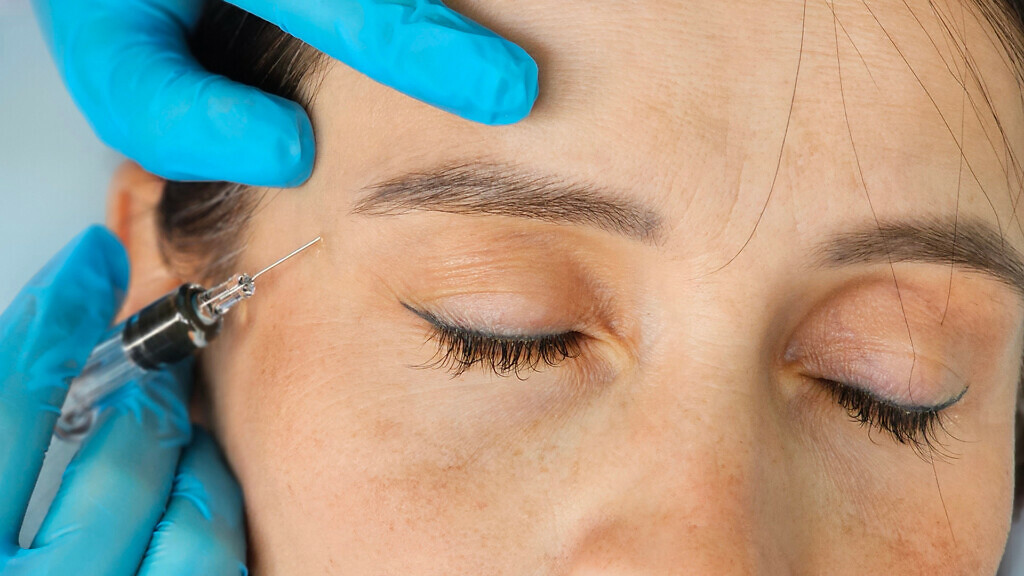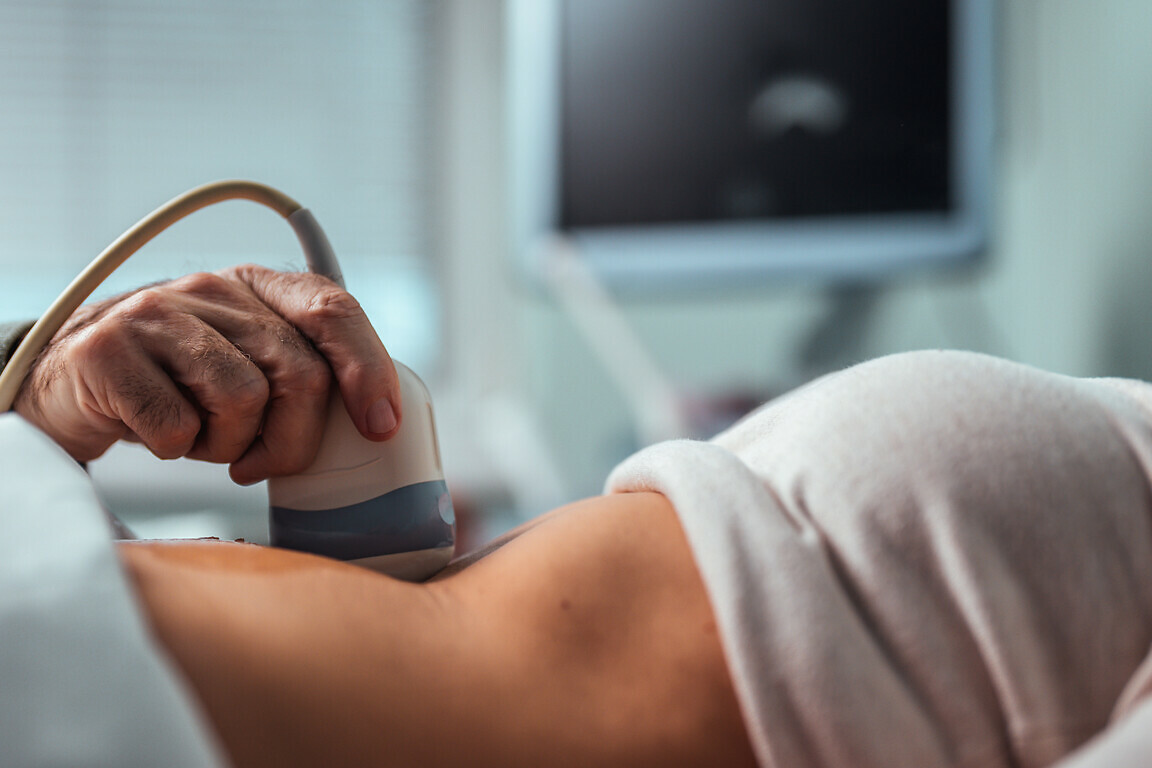The Society of Radiographers and the Harley Street Skin Clinic have called for an end to the “wild west” of medical procedures on the high street.
As high-street boutiques increasingly offer medical procedures, there is growing recognition that medicine should belong to the professionals. Both the Society of Radiographers and the Harley Street Skin Clinic have called for an end to the “wild west”.
Most seriously, healthy foetuses are being misdiagnosed as dead or malformed, and pregnant women are facing life-endangering situations because high-street baby-scan clinics are offering ultrasound scans conducted by non-specialists.
While anyone calling themselves a radiographer, a dietician, an art therapist or an occupational therapist must be qualified and registered with a regulatory body, anyone with an ultrasound machine can call themselves a sonographer.
This has resulted in a proliferation of high-street clinics offering pregnancy scans with no guarantee that the scan will be conducted by a trained sonographer who knows how to read and interpret it.
“Patients often don’t know who’s conducting their scan. Many are appalled when they realise that someone with no qualifications, or who has been struck off a professional register, can still perform their ultrasound scan,” said Gill Harrison, the professional officer for ultrasound at The Society of Radiographers (SoR).

Protected title
There are also dangers to both mother and foetus from the high-frequency sounds emitted by an ultrasound machine. “If you scan for too long on a very early pregnancy, or use the wrong settings, it can initiate thermal effects that can generate heat in foetal tissues,” said Elaine Brooks, former hospital sonographer and Midlands regional officer for the SoR. “And it’s important that machines are regularly serviced – which in the past I’ve found some private clinics don’t do.”
The SoR has called for sonographers to become a protected title, which would mean that only those who are properly qualified and registered with the appropriate regulatory body would be allowed to call themselves a sonographer. Existing protected titles include dietician, podiatrist, art therapist, hearing-aid dispenser, and radiographer.
The society argues that if sonographers were a protected title, it would mean that only someone who has completed approved postgraduate qualifications in sonography, or a practitioner who has taken an accredited undergraduate degree course in sonography, would be allowed to call themselves a sonographer. This would help expectant parents to understand who was carrying out their scan and what qualifications they had.
“When people go for a scan or any kind of diagnostic test, they assume that the person they’re going to see is qualified to do it,” said SoR president Katie Thompson. “They don’t realise that anybody can buy a machine and call themselves a sonographer.

Wild west of cosmetic injectables
This is not, however, an isolated treatment. Last year, the British College of Aesthetic Medicine reported that there were 3,547 cases of complications from non-medical injectors, with 60% being traced back to beauticians. On top of that, there were at least 41 cases of botulism alone.
Experts at boutique private cosmetic clinic Harley Street Skin Clinic have demanded urgent government action to put an end to the dangers of what it calls the “wild west” of cosmetic injectables.
It has urged members of the public to sign its petition.
“Injectables like Botox and dermal fillers are prescription-only drugs for good reason,” the petition says.
“They can cause blindness, necrosis, sepsis, and systemic illness. When injected by a trained doctor, these risks are managed. When injected by someone with no medical training, they are catastrophic. A doctor studies anatomy for years. A beautician can take a weekend course and start injecting the public. This absurdity must end,” it continues.
The clinic points out that more than two-thirds (68%) of cosmetic injections are not administered by doctors.
“We have seen a concerning rise in patients experiencing complications from unregulated and unsafe cosmetic treatments,” said Aamer Khan, lead practitioner and founder of the Harley Street Skin Clinic. “It is vital that people seek medical professionals with the right qualifications. Your safety should always come first.”



